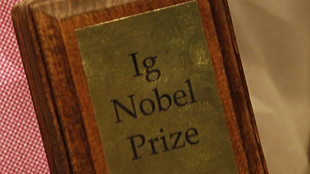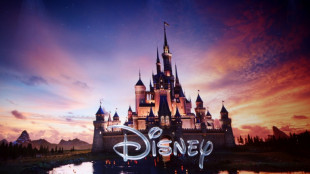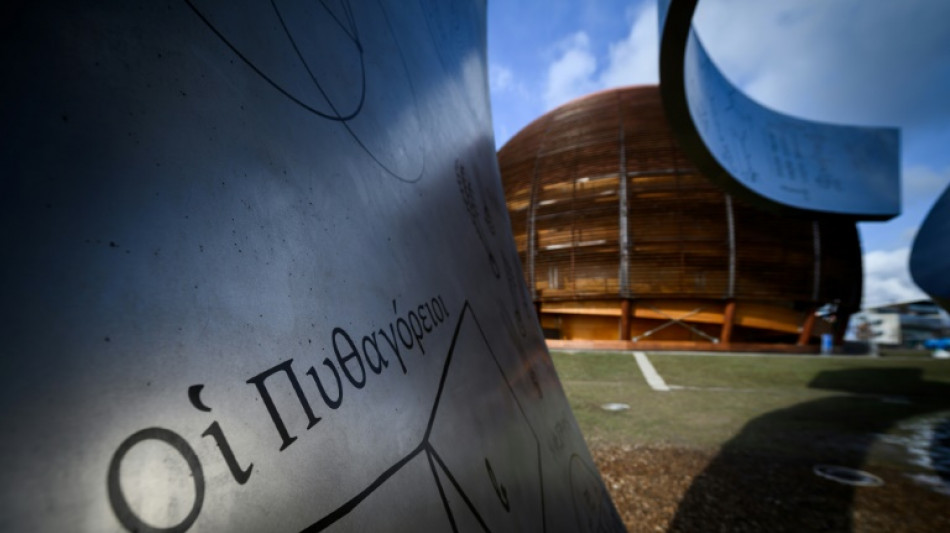
-
 Liverpool's Slot says 'no issue to resolve' with Salah after outburst
Liverpool's Slot says 'no issue to resolve' with Salah after outburst
-
'Stop the slaughter': French farmers block roads over cow disease cull
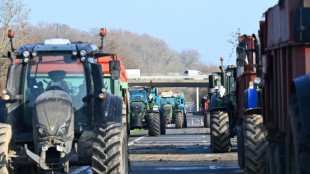
-
 Stormers see off La Rochelle, Sale stun Clermont in Champions Cup
Stormers see off La Rochelle, Sale stun Clermont in Champions Cup
-
Maresca hails Palmer as Chelsea return to winning ways against Everton

-
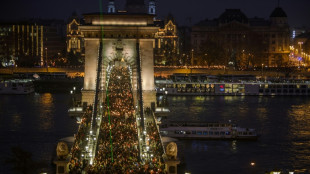 Hungarian protesters demand Orban quits over abuse cases
Hungarian protesters demand Orban quits over abuse cases
-
Belarus frees protest leader Kolesnikova, Nobel winner Bialiatski
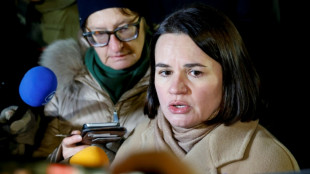
-
 Salah sets up goal on return to Liverpool action
Salah sets up goal on return to Liverpool action
-
Palmer strikes as Chelsea return to winning ways against Everton

-
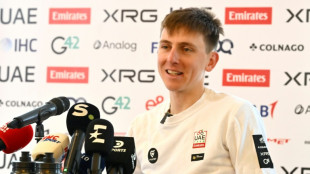 Pogacar targets Tour de France Paris-Roubaix and Milan-San Remo in 2026
Pogacar targets Tour de France Paris-Roubaix and Milan-San Remo in 2026
-
Salah back in action for Liverpool after outburst

-
 Atletico recover Liga momentum with battling win over Valencia
Atletico recover Liga momentum with battling win over Valencia
-
Meillard leads 'perfect' Swiss sweep in Val d'Isere giant slalom
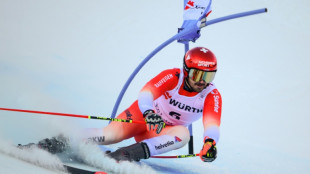
-
 Salah on Liverpool bench for Brighton match
Salah on Liverpool bench for Brighton match
-
Meillard leads Swiss sweep in Val d'Isere giant slalom

-
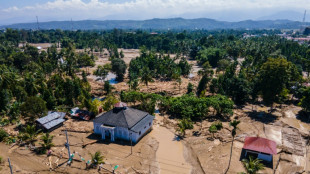 Indonesia flood death toll passes 1,000 as authorities ramp up aid
Indonesia flood death toll passes 1,000 as authorities ramp up aid
-
Cambodia shuts Thailand border crossings over deadly fighting

-
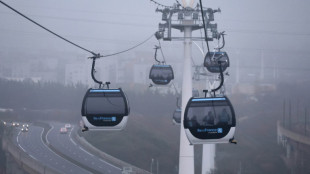 First urban cable car unveiled outside Paris
First urban cable car unveiled outside Paris
-
Vonn second behind Aicher in World Cup downhill at St Moritz

-
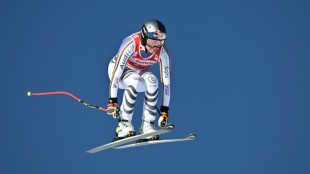 Aicher pips Vonn to downhill win at St Moritz
Aicher pips Vonn to downhill win at St Moritz
-
Thailand says 4 soldiers killed in Cambodia conflict, denies Trump truce claim

-
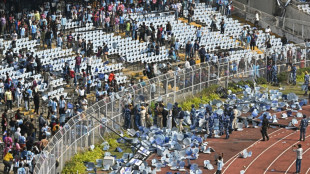 Fans vandalise India stadium after Messi's abrupt exit
Fans vandalise India stadium after Messi's abrupt exit
-
Women sommeliers are cracking male-dominated wine world open

-
 Exhibition of Franco-Chinese print master Zao Wou-Ki opens in Hong Kong
Exhibition of Franco-Chinese print master Zao Wou-Ki opens in Hong Kong
-
Myanmar junta denies killing civilians in hospital strike
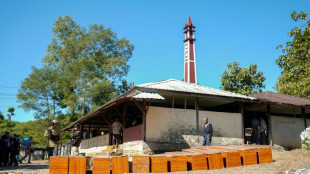
-
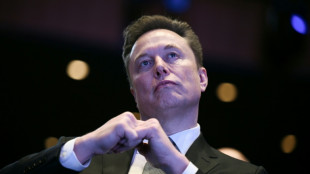 Why SpaceX IPO plan is generating so much buzz
Why SpaceX IPO plan is generating so much buzz
-
Thailand continues Cambodia strikes despite Trump truce calls

-
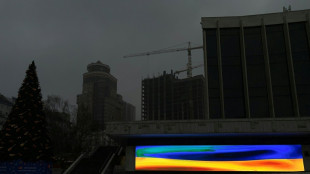 US envoy to meet Zelensky, Europe leaders in Berlin this weekend
US envoy to meet Zelensky, Europe leaders in Berlin this weekend
-
North Korea acknowledges its troops cleared mines for Russia

-
 US unseals warrant for tanker seized off Venezuelan coast
US unseals warrant for tanker seized off Venezuelan coast
-
Cambodia says Thailand still bombing hours after Trump truce call

-
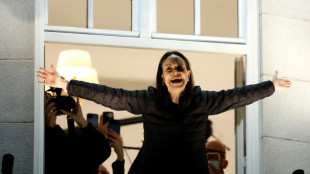 Machado urges pressure so Maduro understands 'he has to go'
Machado urges pressure so Maduro understands 'he has to go'
-
Leinster stutter before beating Leicester in Champions Cup

-
 World stocks mostly slide, consolidating Fed-fuelled gains
World stocks mostly slide, consolidating Fed-fuelled gains
-
Crypto firm Tether bids for Juventus, is quickly rebuffed
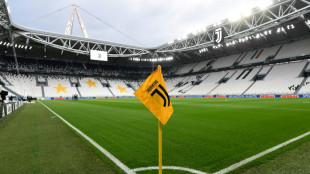
-
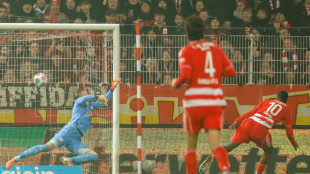 Union sink second-placed Leipzig to climb in Bundesliga
Union sink second-placed Leipzig to climb in Bundesliga
-
US Treasury lifts sanctions on Brazil Supreme Court justice

-
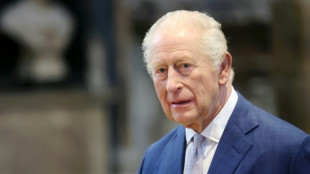 UK king shares 'good news' that cancer treatment will be reduced in 2026
UK king shares 'good news' that cancer treatment will be reduced in 2026
-
Wembanyama expected to return for Spurs in NBA Cup clash with Thunder

-
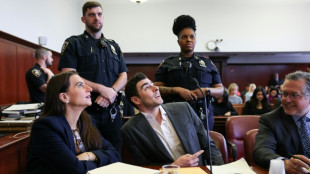 Five takeaways from Luigi Mangione evidence hearings
Five takeaways from Luigi Mangione evidence hearings
-
UK's king shares 'good news' that cancer treatment will be reduced in 2026
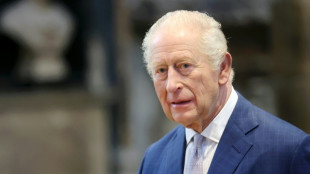
-
 Steelers' Watt undergoes surgery to repair collapsed lung
Steelers' Watt undergoes surgery to repair collapsed lung
-
Iran detains Nobel-prize winner in 'brutal' arrest
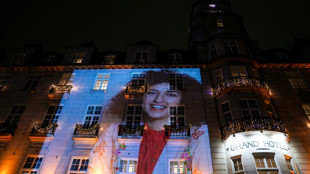
-
 NBA Cup goes from 'outside the box' idea to smash hit
NBA Cup goes from 'outside the box' idea to smash hit
-
UK health service battles 'super flu' outbreak

-
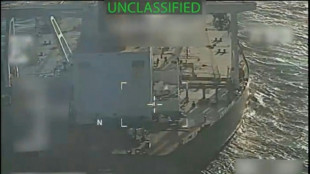 Can Venezuela survive US targeting its oil tankers?
Can Venezuela survive US targeting its oil tankers?
-
Democrats release new cache of Epstein photos

-
 Colombia's ELN guerrillas place communities in lockdown citing Trump 'intervention' threats
Colombia's ELN guerrillas place communities in lockdown citing Trump 'intervention' threats
-
'Don't use them': Tanning beds triple skin cancer risk, study finds
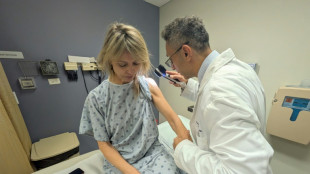
-
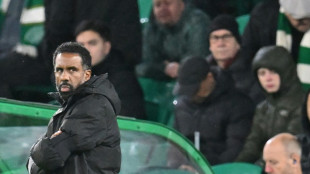 Nancy aims to restore Celtic faith with Scottish League Cup final win
Nancy aims to restore Celtic faith with Scottish League Cup final win
-
Argentina fly-half Albornoz signs for Toulon until 2030


No technical obstacles to new giant particle collider in Europe: CERN
Europe's CERN laboratory said on Monday that a detailed analysis revealed no technical obstacles to building the world's biggest particle collider, even as critics took issue with the "pharaonic" $17-billion project.
The Future Circular Collider (FCC) project is essential for ensuring that Europe maintains its global leadership in fundamental physics, CERN chief Fabiola Gianotti told AFP.
"There is real competition" from China in particular, she cautioned, hailing that the giant FCC "project is absolutely on the good track" and urging states to release the funding needed to move forward.
After analysing around 100 different scenarios, CERN on Monday published the results of a years-long feasibility study for its preferred option: a nearly 91-kilometre (56-mile) circular tunnel straddling the French-Swiss border.
With an average depth of 200 metres (660 feet), the tunnel would accommodate a particle accelerator that would be more than three times the length of CERN's existing Large Hadron Collider, currently the largest of its kind.
The LHC -- a 27-kilometre proton-smashing ring running about 100 metres below ground -- has among other things been used to prove the existence of the Higgs boson.
Dubbed the God particle, the Nobel Prize-winning discovery broadened science's understanding of how particles acquire mass.
- 'Rich in possibilities' -
With LHC expected to have fully run its course by 2041, CERN has been analysing options to allow scientists to keep pushing the envelope.
Gianotti hailed the success of the feasibility study, stressing that "we have found no technical showstopper so far".
Others were similarly enthusiastic about the FCC.
"To make major progress in its quest to understand the origin of the universe and the role the Higgs boson plays... the global scientific community needs a machine as powerful and rich in possibilities as the FCC," Catherine Biscarat of the L2IT lab at Toulouse University told AFP.
But not everyone is thrilled with the idea of the giant project, which has been estimated to cost 15 billion Swiss francs ($16.9 billion).
CERN's member states -- 23 European countries and Israel -- need to decide by 2028 whether to release the funds needed.
But Germany, CERN's largest contributor, last year voiced reservations about the towering sums required.
CERN spokesman Arnaud Marsollier tried to allay those concerns, insisting that up to 80 percent of the FCC's cost "could be covered by the organisation's budget".
- 'Like David and Goliath' -
Some locals are meanwhile up in arms about the project and the impact it could have on their lives and livelihoods.
Thierry Perrillat, a dairy farmer in Roche-sure-Foron in France, maintained that the planned collider would swallow "five hectares of our farm".
"It's like David and Goliath," he said bitterly.
The project has also sparked disagreement among scientists.
"The financial, ecological, and operating costs are astronomical," physicist Olivier Cepas of the Neel Institute at the University of Grenoble told AFP.
"It would be better to fund smaller scientific projects," he insisted.
FCC project engineer Jean-Paul Burnet meanwhile insisted that the FCC plans had been "improved to reduce its environmental impact", by for instance lowering the number of wells and surface sites.
But environmental groups in the region were not convinced.
In a report, the environmental association Noe21 slammed the "excessive" FCC project, pointing to its "astronomical electricity consumption", its climate impact, its cost and scale.
- 'Stunned' -
Franco-Swiss collective CO-CERNes, which includes the WWF and Greenpeace, has been organising information sessions in nearby communities.
At a recent such session in Marcellaz, located near one of the eight planned FCC surface sites, organiser Thierry Lemmel told AFP the group was providing information about this "pharaonic project".
"Progress is necessary," he said.
But, he asked, given the state of the planet today, "should we really be mobilising so many resources, so much wealth ... for this project, with uncertain results?".
Among the around 100 people who attended the Marcellaz meeting was Kevin Mugnier, who had only just heard of the FCC project.
"I was a bit stunned," he said, worried his land might be requisitioned.
In Ferney-Voltaire, at one of the seven surface sites planned on the French side, mayor Daniel Raphoz said he favoured the "win-win" project, which he maintained would have positive effects on employment and energy.
"CERN's overflow energy will be used to heat the town," he said.
If the FCC is not built here, progress would move elsewhere, he warned.
"It will be happening in China, (marking) European decline."
apo-burs/nl/sbk
C.Hamad--SF-PST


